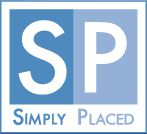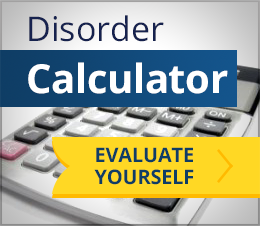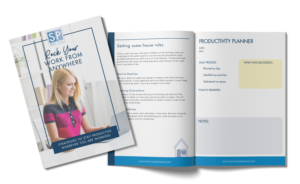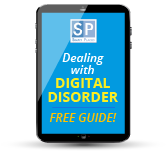
Want better, more effective healthcare with less wasted time and money? Get prepared and organized to be your best advocate or for a child or loved one you help care for. The use of technology and record-sharing in healthcare has increased among providers, however, still the most relied on conduit for the timely and accurate communication of medical history and current treatment plans is the patient. Your ability to reference and communicate things like medical history, test results, images and diagnoses will help reduce your stress, save time and money, reduce the rate of duplicate procedures and may prevent medical mistakes. In order to be your best healthcare advocate, you need to get organized with a system and tools for managing your healthcare information. Below are some ideas for how you can get organized based on your healthcare needs.
For Everybody
Everyone needs a 1-page medical history document. This is a simple document that helps you accurately fill out medical history forms when you see a healthcare provider. Do you always remember the dates of your last vaccinations or surgeries or the name and phone number of your primary care physician? This 1-page document can also help a healthcare or emergency response provider with information in the event you are unable to provide it. Use the ideas below to create a 1-page medical history document for everyone in your family. Consider keeping a copy in your permanent files and with you.
Information to include in a 1-page medical history:
- your name
- home address and contact information
- emergency contact information
- birth date
- allergies
- a list of your medicines and supplements, the dosages, and how long you’ve taken them
- blood type
- chronic health conditions
- date of last physical
- dates and results of tests and screenings
- major illnesses and surgeries, with dates
- physician’s(s) name(s) and contact information
- health insurance information
- information related to an advance directive or durable power of attorney for healthcare
For the Relatively Healthy
Are you relatively healthy? Perhaps your healthcare needs don’t extend past preventative care and the periodic illness or injury. If this is you, then you would benefit from the most basic healthcare information management system. This is likely to be a file to collect the following:
- 1 page medical history
- reports from healthcare providers
- test results
- copies of images
This file can be hardcopy and stored with your other files or it can be digital. Tools like Evernote and OneNote lend themselves to easily organizing this type of information.
For Someone with a Chronic Disease and/or Someone who Sees a Variety of Healthcare Providers
If you have a chronic disease or special needs or care for someone who does, if there are on-going issues related to an injury, if you have a child or loved one with special needs or rely on a variety of healthcare providers, then you have a particular need for a system to manage a larger volume of information and for having it in a format that travels easily. Consider using a 3-ring binder with tabbed, pocket dividers or an expandable, divided file folder for capturing your healthcare information.
Include the following:
- Schedule – You can use a calendar or simply a piece of paper to create a chronological list of appointments and providers. Tracking this information helps you better communicate history to your various healthcare providers.
- Medications – Keep an on-going list of medications you take. Include the name, dosage, reason and notes on reactions.
- Test results – Always ask for a copy of test results and pathology reports. Having this information can save you the discomfort and cost of repeating procedures and can help providers with a better understanding. For images, have a place (either a section of your expandable file or a DVD holder page) for storing digital media of your medical images.
- Insurance information – Healthcare providers don’t always know what your insurance covers. Have a copy of your health insurance benefits summary handy to help your provider identify the best and most economical choices for your care.
- Research and reference – Your provider may give you handouts or you may come across information related to your condition. Have a place to store this information so you can bring it up during your appointment and refer to it later.
- Contact information – You can create an on-going list or use inserts designed to hold business cards to keep track of the providers you see or are referred to.
- Notes – Always take notes during your appointments. Include the date, questions you want to ask, who you saw and what you discussed. Time allowed for most appointments is brief. Providers talk quickly and depending on your emotional state, it may be hard to remember after the appointment what happened. Take time after the doctor leaves the room to jot down notes and follow up questions you might have.
You play an important role in the safe and cost-effective delivery of your healthcare. Being able to deliver timely and accurate information to your healthcare provider will improve your peace of mind, result in more effective healthcare delivery, reduce costs and save time. Get organized to be your own best advocate.
Need help creating a system for managing your healthcare information of getting organized to help care for a child or aging parent, contact us.






